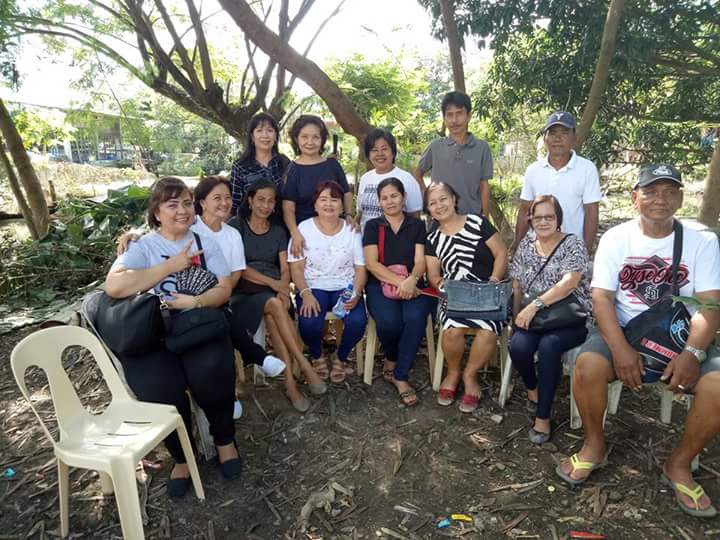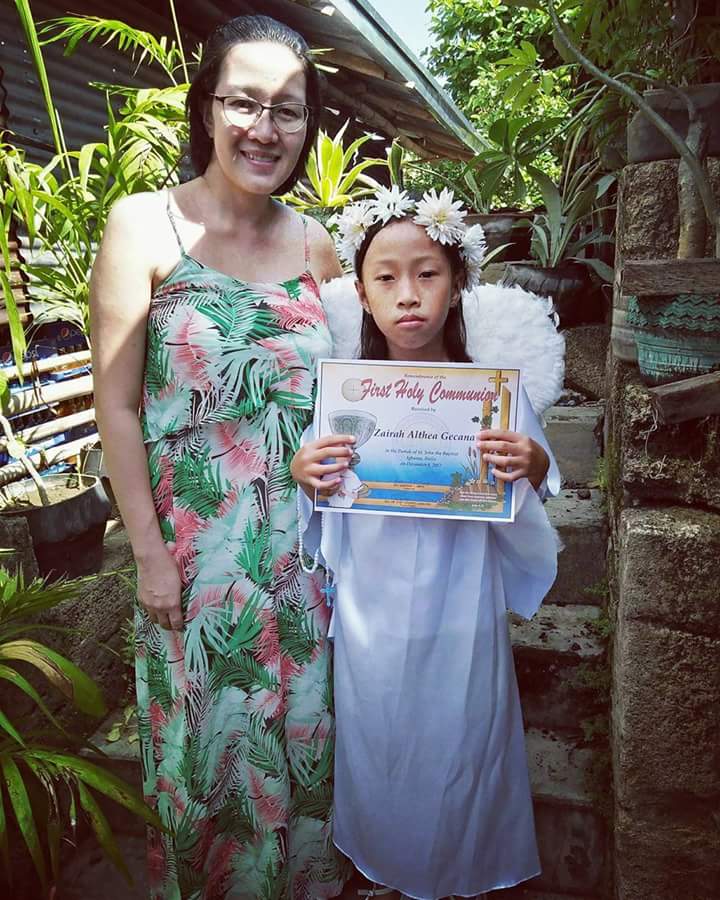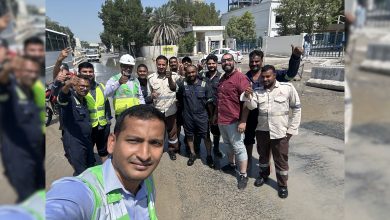What will you do in the Philippines after working overseas? What will be your source of income? Do you have enough savings to sustain your stay? Can you pay your hospital bills when you get sick?
ABU DHABI: “Walang forever,” as that popular Filipino expression says, which means nothing remains as it is perpetually.
This in mind, The Filipino Times interviewed overseas Filipino workers (OFWs) who have returned home for good and have them share their re-integration struggles as well as how they are coping up.
The question was do I have enough funds to sustain daily expenses


Belen Francisco, 45, was the head of accounts and administration in Abu Dhabi for 12 years. “The common question for returning OFWs is if the funds we bring home are enough to sustain our day-to-day expenses, or if we can start our own business from the retirement fund,” she said. When Francisco decided to go back to the Philippines, she thought she had enough money to execute her plans.
“Surprisingly, I never expected that most of the expenses were either double or triple compared to my budget, so I ended up in a deficit,” she said.
Francisco believes that there is no place like home but she warns: think through your decision a hundred times. “Make sure you are ready financially for the expenses, emotionally for the hurts from family members you cannot please, mentally if initial plans do not work, physically if you need to work hard for your goals, and most importantly, spiritually.”
Francisco is now based in Caloocan, helping her mother with their small sari-sari store while waiting for better job opportunities.
‘Have an emergency fund ready and increase your financial literacy’


Jorrel Yap, 37, worked as a sales executive at a major airline in the UAE for almost 3 years. He went back to the Philippines because he and his wife wanted to have a baby.
“It was difficult at that time because almost all the money was going out and there was no cash inflow,” shared Yap. When he was planning to return, there was uncertainty because he had no job offer.
“The economic landscape is a lot more challenging in the Philippines compared to the UAE. Here, there are less job opportunities,” he added. For those planning to re-integrate, Yap advises to plan ahead. “Ensure that you protect your earnings by having life insurance, learning more about investment, having an emergency fund and increasing financial literacy.” Yap is now a licensed financial advisor in Pampanga.
‘If you don’t know how to live a simple life, it will be difficult for you to adjust.’


Grace Gecana, 35, was a personal assistant to the managing director at an Abu Dhabi company for 10 years. She is now based in Iloilo, setting up laundry shop, food cart and convenience store businesses.
“Life overseas, especially in the UAE, is easy and extravagant. If you don’t know how to live a simple life, it will be difficult for you to adjust. But if you live simply, it is definitely more fun in the Philippines!”
She admits there were still struggles to her coming back: air pollution, traffic, transport system, finances, and hospitalization to name a few.
“In my job interviews, either I was over-qualified or the salary being offered is way lower than I expected.”
She advises overseas Filipinos planning to go back to truthfully answer these questions first: What will you do in the Philippines after working overseas? What will be your source of income? Do you have enough savings to sustain your stay? Can you pay your hospital bills when you get sick? “Once you have solid and workable answers to these questions, then you are ready to go home for good,” Gecana said.





